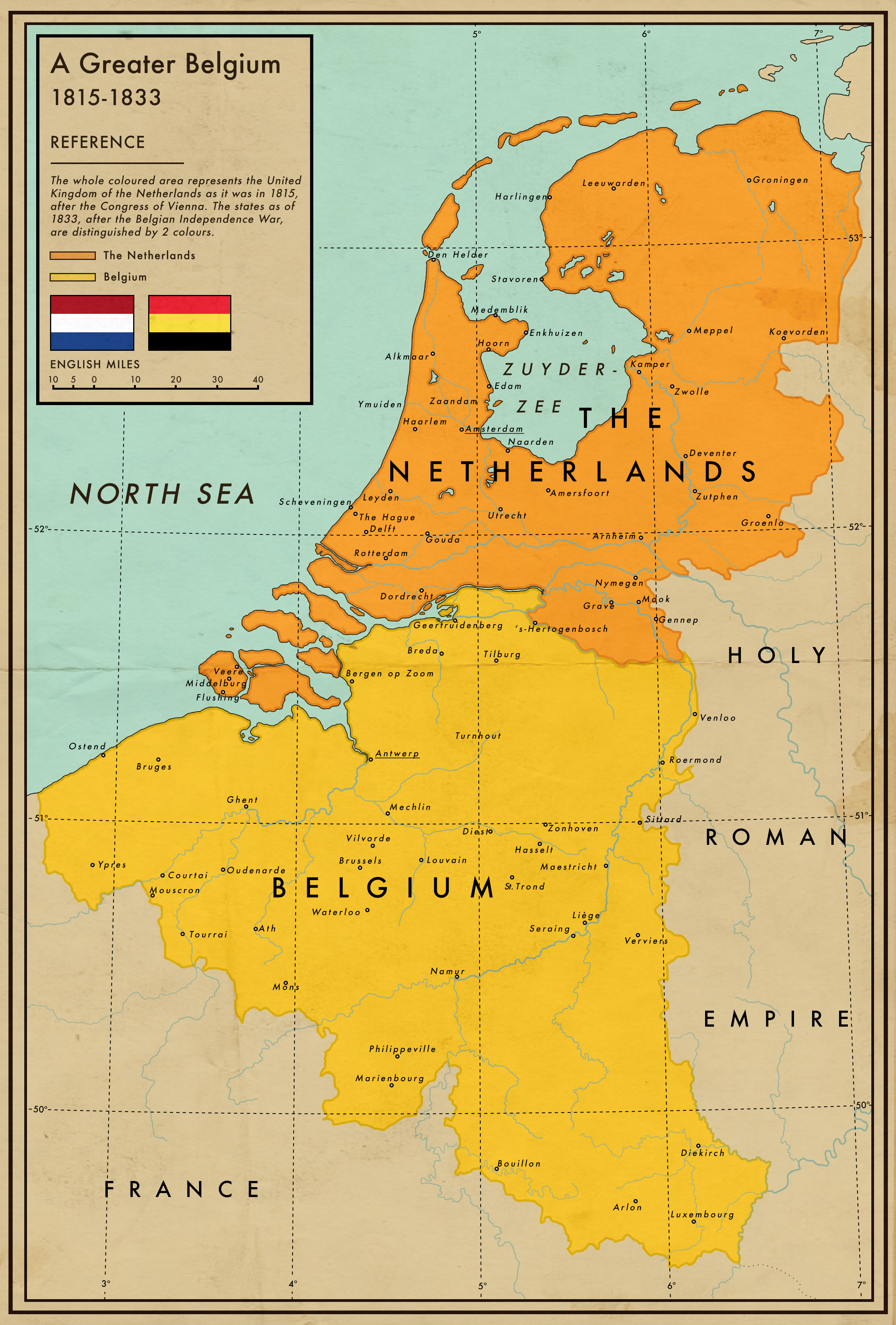Oh, there were some religious issues, Willem I did want to have influence on Catholic church appointments, that wasn't always popular with Catholic kings, let alone a Calvinist one, maybe if he'd coverted back to the Church of Rome, but that would have inflamed the North.
Willem I pushed for the education of Dutch in the entire kingdom, also the Francophone parts, some people there felt this was beneath them, while these hypocrites felt it was perfectly normal people learned their language, yet they refused to learn the majority language of their (past and in some cases also their current) kingdom.
Especially in Flanders, towns, most prominently Gent, were Orangist, they profited from the synergy between the Walloon mines and industry and the Northern Dutch colonies. A synergy also seen by the "King-Merchant" Willem I, in part he mismanaged, but at the same time some of the Belgian revolt leaders, where blatant French rattachists, so no luck pleasing them.
I also have had discussions with Flemish regarding the Revolt of 1830-1839. They lament the fact, that this event pushed back the emancipation of Dutch in their lands. While true, I tend to counter that their revolt pushed back the emancipation of Dutch Catholics by some decades. IMHO by staying together we would have helped each other and ended stronger. Yes, the over-representation in the Estates General of the North was absurd and couldn't last, like I suggested some safeguards should be build in the First Chamber to prevent total southern domination of the North.
Hard to see due to good things of the French and Napoleonic Wars, religions weren't oppressed anymore, though some were favoured. TBH Calvinist Willem I wanting control on the Catholic Church in the Netherlands was laughable, he couldn't even control his own Calvinists, so until he could do that, he ought to have been more modest...

